WSIS 2020 – Closing ceremony
10 Sep 2020 12:00h
The World Summit on the Information Society (WSIS) Forum is a global multistakeholder platform facilitating the implementation of the WSIS action lines for advancing the sustainable development goals (SDGs). The WSIS Forum 2020 was held in a virtual format which started from 22 June onwards, culminating with a final week between 7-10 September. This year’s theme was fostering digital transformation and global partnership, which are the WSIS action lines for achieving the SDGs. The forum had a good level of participation with 800 participants. The final week of the WSIS Forum 2020 was inaugurated with the official opening segment with participation from partner UN agencies
Mr Mario Maniewicz (Director of Radiocommunication Bureau, International Telecommunication Union [ITU]) mentioned that the WSIS 2020 Forum was not only special because it took place remotely, but mainly because it marks a celebration of the 15th anniversary of the WSIS. Looking back from 2005 to the present date, it is notable that fixed broadband connections increased 5 folds and mobile broadband connections such as 3G and 4G have increased 23 times. Currently, there are over 6.3 billion active mobile broadband subscriptions and 53% of the world’s population has access to the Internet. With the COVID-19 crisis, the impact of ICTs and being connected were more important than ever before. According to the World Bank, 294 billion e-mails, 65 billion WhatsApp messages, 5 billion searches and the equivalent of 200 million DVDs of data are created daily. These numbers show the tremendous expansion of the ICTs. Throughout the virtual WSIS Forum, a large number of people have profited from many virtual sessions that covered topics that ranged from healthcare, the artificial intelligence (AI) driven future of e-learning, resilient agriculture to e-government, and smart cities. They certainly confirm the great progress of the multistakeholder approach that is part of the WSIS action lines and the alignment with the SDGs. Without any doubt, international co-operation was key to the implementation of the WSIS action plan. Indeed, the collaboration between administrations, service providers, manufactures, academia, and standardisation bodies are fundamental to create a basis of agreement on global radiocommunication regulations and standards that are subsequently incorporated by countries throughout the world.
Building on the achievements of the last 15 years, the radiocommunication sector of the ITU is working relentlessly, first, to ensure that all people are connected, by reducing the digital divide, enabling e-learning access for women and girls, e-employment, and e-hHealth. Secondly, to ensure that different sectors are connected, by enabling the e-agriculture, business, and the development of industry 4.0. Ultimately, the ITU expects that ICTs will be used for the sustainability of the planet.
Ms Sasha Rubel (Programme Specialist, Digital Innovation and Transformation, UNESCO) highlighted that the WSIS organisation has harnessed the power of ICTs in digital solutions to ensure a virtual space for discussions and collective action, even more inclusive with higher attendance, participation, and gender balance. Rubel also acknowledged the important presence of the private sector at this year’s forum and underlined the importance of the UN working hand in hand with the private sector to ensure inclusive digital transformation. The theme of this year was at the heart of UNESCO’s mandate and work. It was embodied in the two high-level dialogues hosted by UNESCO dedicated to promote global co-operation to harness the power of AI to mitigate the impact of COVID-19 as well as UNESCO’s recommendations and implementations of solutions.
UNESCO will continue to serve as the facilitator of WSIS action lines dedicated to access to information and knowledge, e-lLearning, e-science, cultural, identity, diversity, and local content, and the ethical aspects of the information society. Due to the COVID-19 pandemic, more than ever,, digital transformation is playing a crucial role in the work of UNESCO. However, the question of human rights and ethics cannot be left behind in the process of technological innovation that should reduce suffering and not increase it. In this regard, reinforced global digital co-operation is necessary to ensure the development of an ethical, human rights centreed ICT revolution that is not only harnessed to ensure SDGs.
Mr Malcolm Johnson (Deputy Secretary-General, ITU), Mr Houlin Zhao (Secretary-General, ITU), Ms Katrina Naut (Ambassador, Dominican Republic), and Dr Chaesub Lee (Director of Telecommunication Standardization Bureau, ITU) congratulated all the efforts that were made to make WSIS 2020 a reality with only remote participation. This year was specially celebrated because the WSIS completed the 15 year milestone. This period has seen remarkable growth in the use of digital technologies, transforming people’s lives around the world. There have been 11 high-level policy sessions with over 100 panellists, including ministers, deputy ministers, ambassadors, senior officials, heads of UN agencies, as well as the private sector, civil society, and academia. The successful high-level policy sessions were moderated by the high-level track facilitators with regional support from UN regional commissions. During the WSIS Forum 2020, it was also vastly discussed the implementation of the WSIS action lines for the agenda 2030 SDGs. The ministerial roundtable had 80 delegates and 34 ministers who committed to bridging the digital divide and connecting the unconnected. The open consultation process for the WSIS Forum 2021 was also officially launched during the closing ceremony.
by Ana Maria Correa
Related event

